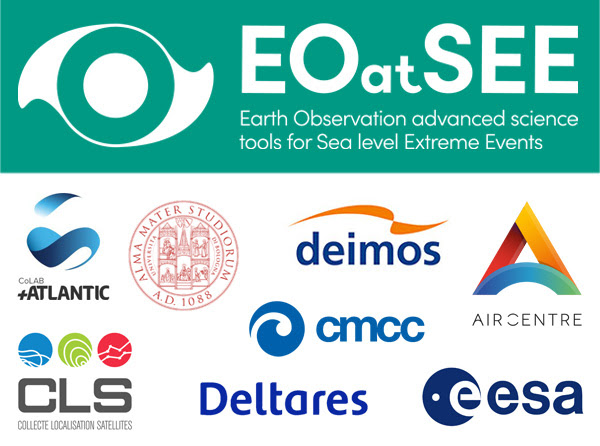Position Title: School of Sciences, Department of Biological and Environmental Sciences: Assistant Professor in Aquatic Ecology
Job Description
The Department of Biological and Environmental Sciences in the School of Sciences at Elizabethtown College invites applicants for a full-time, tenure-track, 9-month Assistant Professor to begin August 1st, 2023. The school seeks candidates with expertise in aquatic environments, irrespective of ecosystem type, taxa, and spatial scale.
Elizabethtown College is committed to investing in the growth of the School of Sciences, which includes the Departments of Biological and Environmental Sciences, Chemistry and Biochemistry, and Psychology. Four tenure-track hires will be carried out in the School of Sciences this year, and the College is looking to hire diverse faculty to support our increasingly diverse student body. The School and faculty are committed to preparing students for lifelong learning, service, and professional outcomes. Approximately 30% of Elizabethtown College students are first-generation college students.
The Department of Biological and Environmental Sciences consists of eight full-time faculty members who value collaboration, interdisciplinary thinking, and student-focused teaching and research. In addition to serving students pursuing degrees in the sciences, the department has significant teaching responsibilities that extend to undergraduate majors in other schools, particularly the School of Human & Health Professions. The Department of Biological and Environmental Sciences supports the ideals of learning, discovery, inclusion, and engagement through instruction and research in the sciences. More information about the department is available here: https://www.etown.edu/depts/
Job Duties
The individual will teach courses supportive of the Environmental Science and Biology majors including upper-level ecology courses, introductory environmental science, and courses developed based on expertise. Preference will be given to applicants who can teach foundational biological and chemical coursework in the School and provide contributions to the College’s liberal arts core program. Experience with or demonstrated ability to teach, mentor, and support students from historically underrepresented groups in science is preferred.
The teaching load is 12 contact hours per semester, typically two lectures and two laboratories. The individual will work with department faculty to support a diversity of learners and revise and innovate curriculum in the Environmental Science and Biology majors. The successful candidate is also expected to have an active research program involving undergraduate students. Academic advising and service to the College are required.
Applicants are expected to become excellent teachers and engaging research mentors, and Elizabethtown College provides support through start-up funds, faculty mentorship, and professional development and internal grant funding opportunities.
Qualifications
A Ph.D. in ecology or cognate field and demonstrated research in the field of aquatic environments are required. ABD candidates will be reviewed. Preferred candidates will have demonstrated commitment to high-quality teaching of undergraduate students in environmental science and related chemical/biological sciences. Demonstrated ability to work as a member of a team is essential. Experience in working with students of culturally diverse backgrounds and/or underprepared students and demonstrated success in creating inclusive learning environments are preferred.
Applications should include a cover letter; curriculum vitae or resume; a statement of teaching philosophy; a statement that describes your interests, experience, and plans for promoting diversity and inclusion in the classroom and laboratory; a statement on research; and email addresses for three references. References will be contacted by Elizabethtown College to submit letters of recommendation electronically. Review of applicants will begin on October 15th 2023, and will continue until the position is filled. Inquiries can be addressed to Dr. David Bowne (bowned@etown.edu), Chair, Department of Biological and Environmental Sciences
Located in scenic Lancaster County, Pennsylvania, Elizabethtown College is a teaching institution, and it offers its 1,634 undergraduate students more than 50 academic programs in the liberal arts, sciences, and professional studies. Driven by its commitment to “Educate for Service,†Elizabethtown centers learning in strong relationships, links classroom instruction with experiential learning, emphasizes international and cross-cultural perspectives, and nurtures the capacity for purposeful lives and global citizenship. We are located less than two hours away from the metropolitan areas of Washington, Baltimore, and Philadelphia and less than four hours away from New York City. For more information about the College, consult www.etown.edu.




